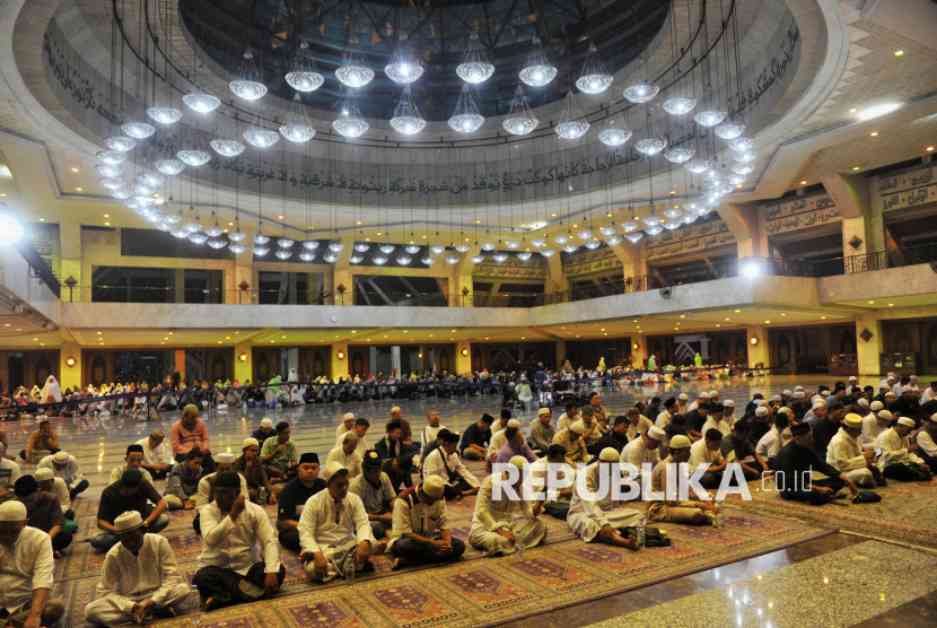The Significance of Rajab: A Sacred Month in Islam
In Jakarta, on Tuesday (31/12/2024), approximately a thousand Muslim worshipers gathered at the At-Tin Grand Mosque to participate in a Dzikir Akbar event. This event marked the commemoration of the 1st Rajab, coinciding with the New Year’s Eve of 2025, through recitations, introspection, and listening to religious teachings.
The Special Status of Rajab in Islamic Calendar
Currently, Muslims around the world are observing the month of Rajab, which holds a significant place in the Islamic calendar. According to Ibn Hajar, in the book “Tabyinul ‘Ajab bima Warada fi Fadli Rajab,” Rajab is known by 18 different names. One such name is “Al-Usb,” meaning the month of mercy, as it is believed that Allah’s mercy is abundant for those who are devout during this time.
Rajab is also referred to as the “Month of Haram,” indicating its sanctity as one of the four sacred months in Islam. In Surah At-Taubah, verse 36, Allah SWT mentions the significance of these months, highlighting the importance of upholding righteousness and fighting against polytheism.
The Spiritual Practices in Rajab
During Rajab, Muslims are encouraged to engage in acts of worship, reflection, and seeking forgiveness. It is believed that during this month, the demons are chained, providing believers with a greater opportunity to draw closer to Allah through prayers and good deeds.
Embracing the Blessings of Rajab
As we delve into the sacred month of Rajab, let us reflect on the teachings of Islam and strive to strengthen our faith. May this month be a time of spiritual growth, self-reflection, and seeking closeness to the Divine. Let us embrace the blessings of Rajab and strive to become better individuals in the eyes of Allah.
Let the sacredness of Rajab inspire us to lead lives filled with compassion, humility, and devotion to our faith. As we navigate through this blessed month, may we find solace in our prayers, seek forgiveness for our shortcomings, and strive to embody the values of Islam in our daily lives.














